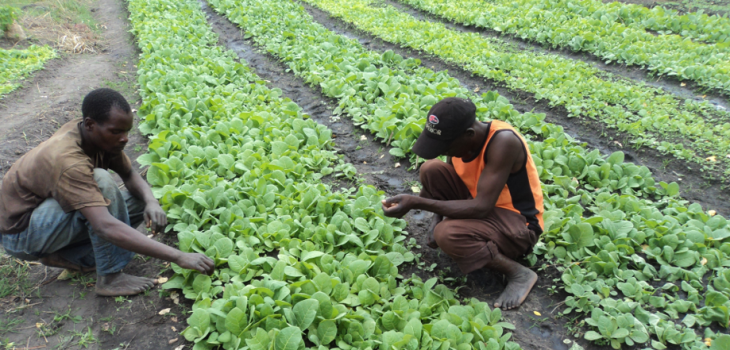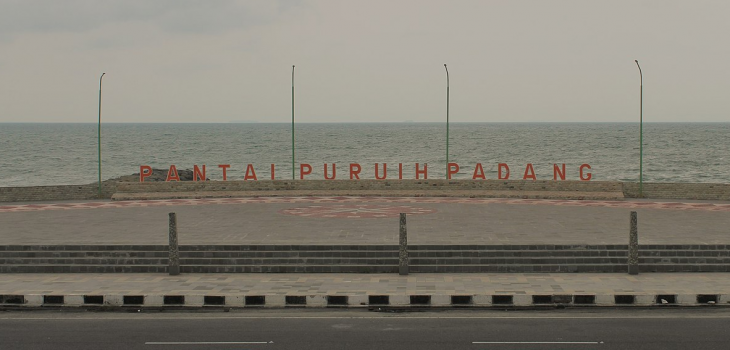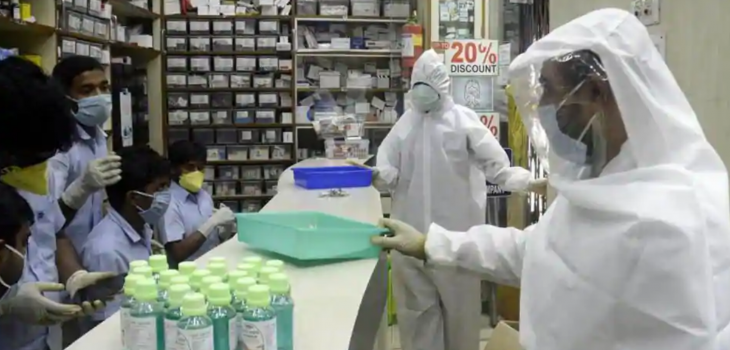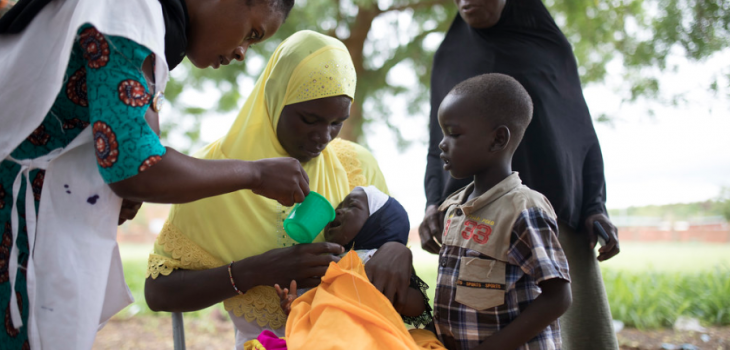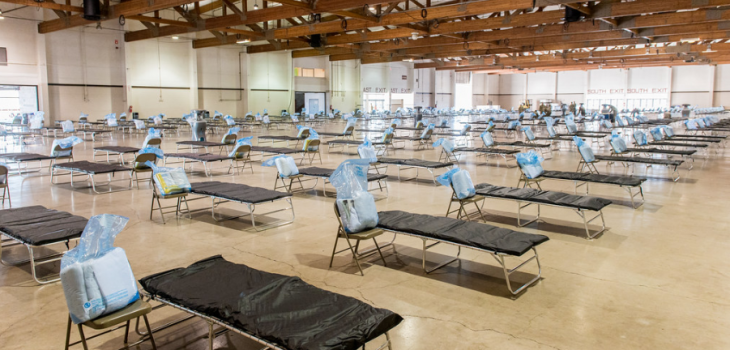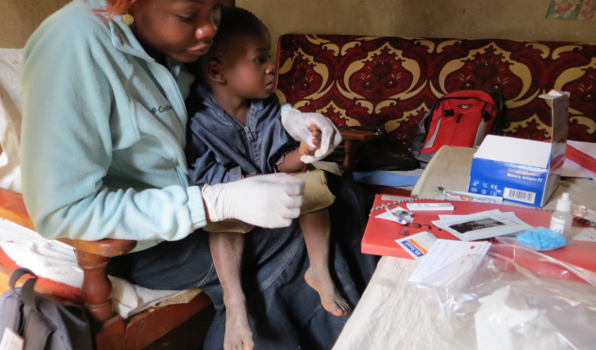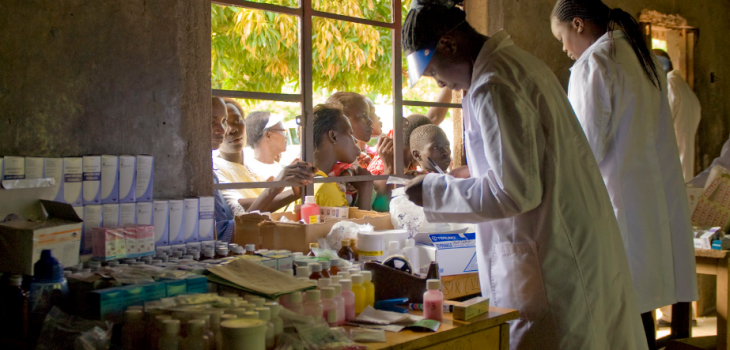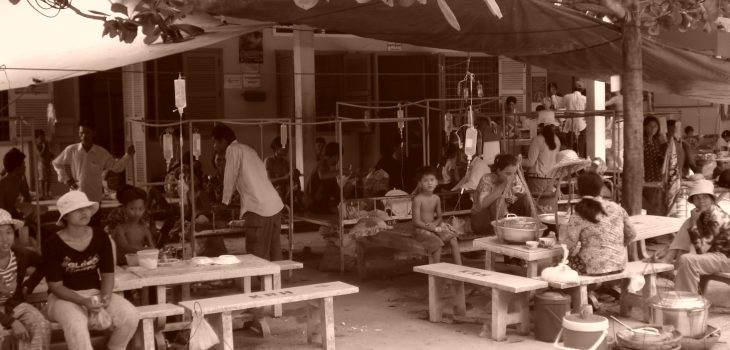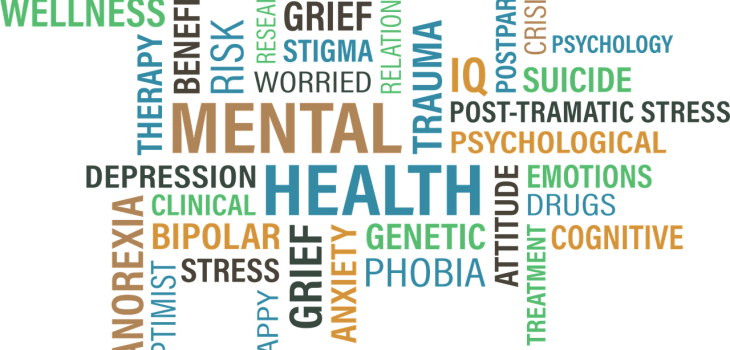By Ronald Labonte, PhD (University of Ottawa), Raphael Lencucha, PhD (McGill University) and Takondwa Moyo, BSc (Lilongwe University of Agriculture and Natural Resources)
When you think Malawi and agriculture, you think tobacco. Why wouldn’t you? While not the biggest tobacco leaf producer on the planet, Malawi remains the country…











